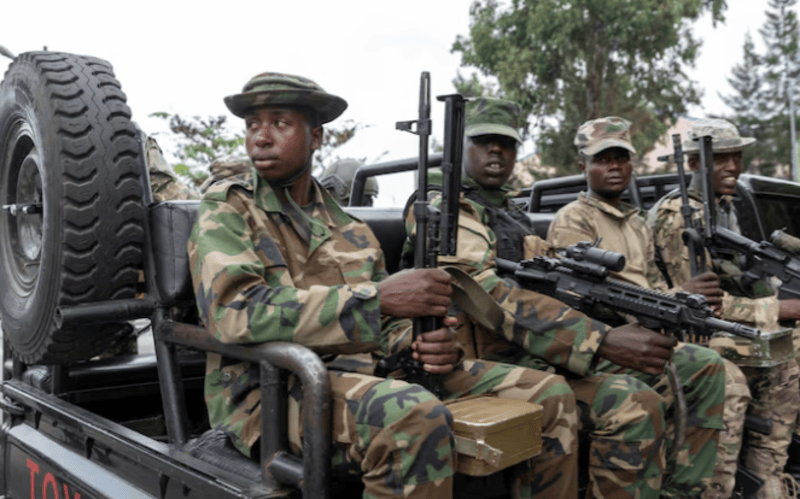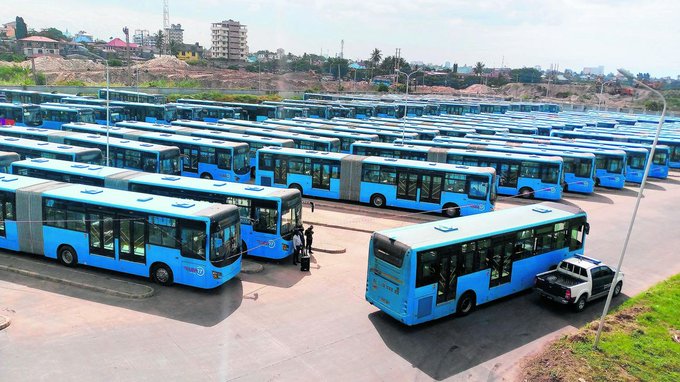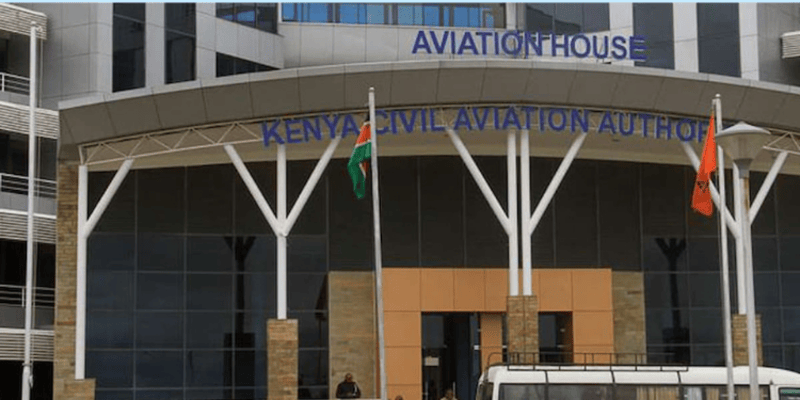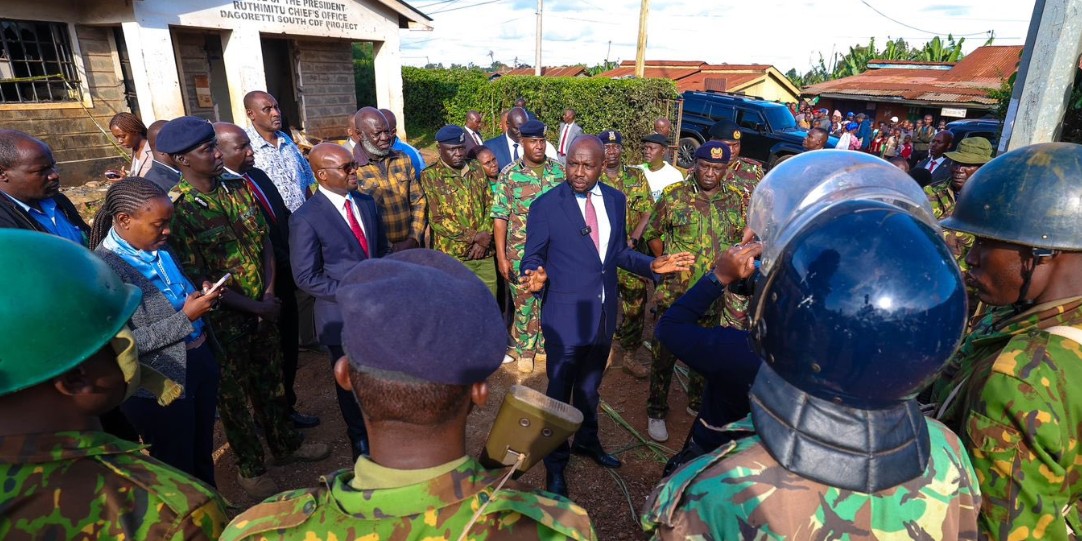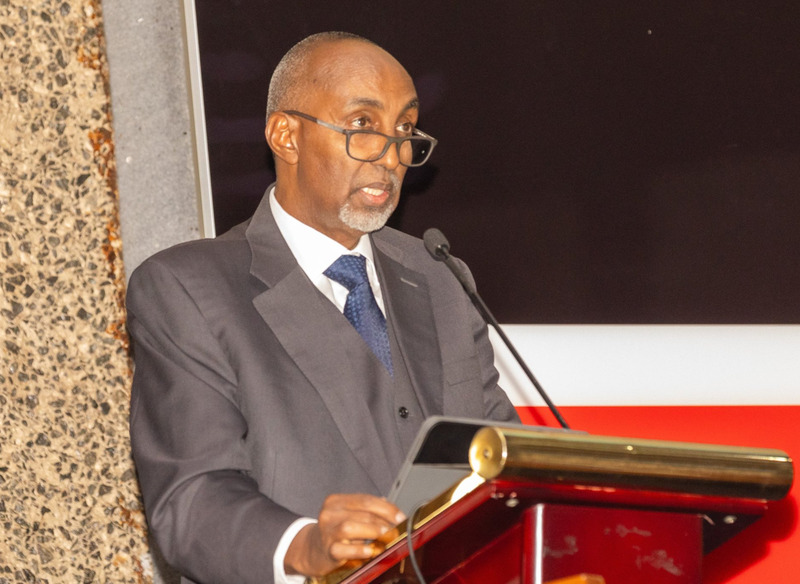NCIC maps violence hotspots ahead of 2027 polls, vows to name and shame hate offenders
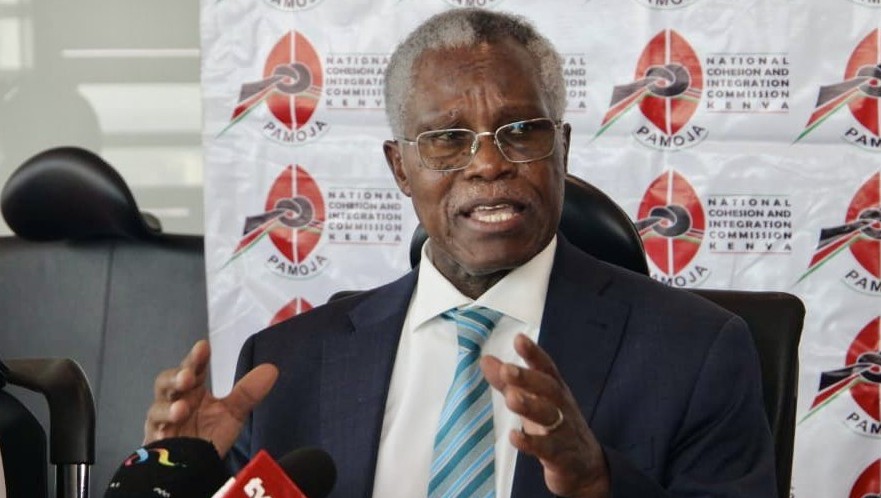
The Commission on Wednesday said the mapping is a key part of its early warning strategy aimed at preventing unrest and building lasting peace through community engagement and stronger collaboration with national institutions.
The National Cohesion and Integration Commission (NCIC) has begun hotspot mapping across the country to identify areas at risk of election-related violence ahead of the 2027 General Election.
The Commission on Wednesday said the mapping is a key part of its early warning strategy aimed at preventing unrest and building lasting peace through community engagement and stronger collaboration with national institutions.
More To Read
- Court bars ouster of NCIC Vice Chair Wambui Nyutu
- Election watchdog ELOG urges clampdown on political irresponsibility before 2027 polls
- NCIC commissioners earned full-time salaries in violation of court order, audit reveals
- #AmaniKwaGround kicks off in Marsabit to tackle Kenya’s deepening divides
- Former NCIC vice chairperson Wambui Nyutu says she was fired without due process
- NCIC fires vice chair Wambui Nyutu over partisan politics, replaces her with Dorcas Kedogo
“This exercise aims at identifying regions with a history or emerging signs of electoral-related tension, violence, or incitement,” said Samuel Kobia, the NCIC chairperson.
“Our goal is clear: to ensure that every part of Kenya is safe, cohesive, and peaceful before, during, and after the 2027 elections.”
The Commission said it is working closely with the electoral commission, civil society groups, the media, and other key actors to encourage peaceful campaigns and responsible leadership. It stressed that peaceful elections are not an event but a process, and that process has already begun.
Wall of shame activated
At the same time, the Commission revealed it is handling 28 active cases of hate speech, ethnic contempt, and discrimination.
These include 15 cases of ethnic contempt, 4 cases of hate speech, 2 involving ethnic discrimination, and 7 that combine hate speech and discrimination.
“These cases contravene the National Cohesion and Integration Act No. 12 of 2008. We remain committed to promoting peace and unity in Kenya, particularly in the face of growing challenges posed by hate speech and ethnic contempt,” Kobia noted.
To strengthen public accountability, NCIC is using its “Wall of Shame” and “Wall of Fame” tools to highlight individuals who undermine or support national cohesion. Those found guilty of spreading hate may be publicly named and blocked from holding public office.
“The Wall of Shame publicly names and shames perpetrators of hate speech and ethnic contempt, especially those attempting to undermine national unity,” NCIC added.
Call for digital conduct
The Commission also raised alarm over a growing decline in patriotism, especially among young people. It blamed corruption, exclusion, unemployment, and ethnic divisions for the loss of faith in national values.
“Patriotism is not merely a slogan, it is a lived commitment to truth, justice, unity, and nation-building,” Kobia said.
To address this, NCIC is investing in peace clubs across schools through the Amani Clubs program, which promotes patriotism, integrity, and ethical leadership.
The Commission urged families, teachers, religious leaders, and influencers to help restore civic responsibility.
“The future of our nation depends on the choices we make today. Let us choose unity. Let us choose Kenya,” Kobia said.
On social media, the Commission warned that online platforms are now central to peace and political stability.
It called on tech companies to improve moderation and take local context seriously, while also urging Kenyans to use social media responsibly.
“Let us use these platforms to inform, not inflame; to build, not break; to unite, not divide,” Kobia added.
The Commission concluded by reaffirming its commitment to building a united and values-driven country, adding, “Kenya’s strength lies not just in its institutions, but in the values we uphold and the unity we fiercely protect.”
Top Stories Today


